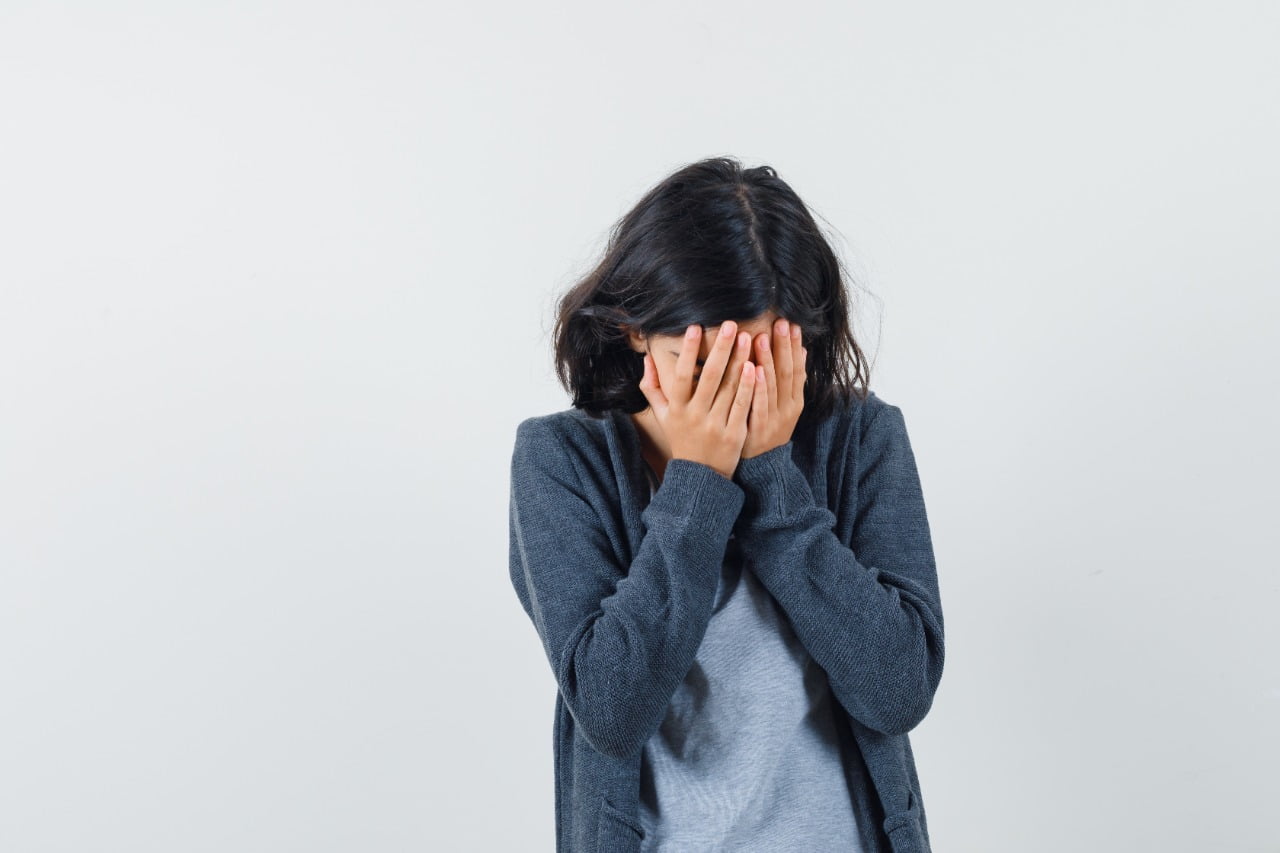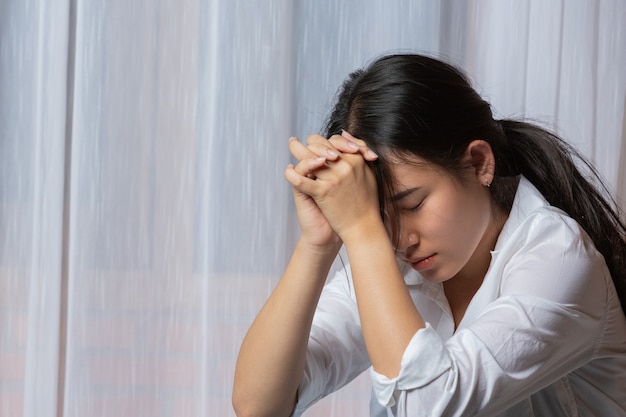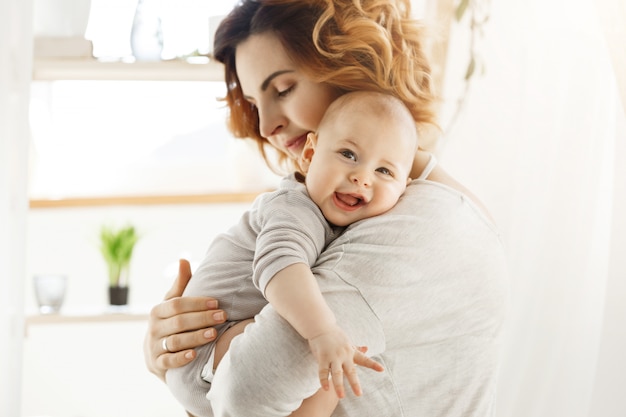How I Overcame Postpartum Depression
- Published on:
- Last update: 09 October 2023

How I Overcame Postpartum Depression
As per my experience, usually, the first year after childbirth presents a high risk of postpartum depression. This Postpartum depression caused difficulties in my ability to engage in the interactions with my baby. According to my understanding, it affects the baby’s later development and well-being. Postpartum depression usually begins with insecurity within a month of the baby’s birth. The symptoms, which follow include anxiousness, sadness, low self-esteem, lethargy, and sleeplessness. Postpartum Blues, the milder version has the mother feeling overwhelmed.
I had the misfortune of having the pregnancy blues wherein I went through a prolonged period of emotional distress during my pregnancy. Upon understanding I might have Postpartum Depression, I analyzed the risk factors. As everyone is aware, pregnancy, labour, and childbirth are an emotional rollercoaster with the gruelling nine months adding to the misery. The symptoms included feeling irritable, suffering from a lack of concentration, experiencing sleep abnormality, feeling exhausted and fatigued, and having a lack of motivation for taking care of my baby. Constant fear and anxiety, sleeplessness having suicidal tendencies, having trouble enjoying the usual activities, and feeling restless and irritable are the general symptoms showcased by many who silently suffer from the dreaded postpartum depression.
The symptoms of postpartum depression vary between people. As mentioned, these include severe anxiety and panic attacks, depressed mood/mood swings, fear of being a bad mother, sleep problems, appetite changes, difficulty bonding with the baby, diminished ability to think clearly, sense of guilt and shame, and hopelessness among others. Causes and risk factors are the ones to keep an eye out for. Hormonal fluctuations cause a major mood change and can create a depressive atmosphere. The massive mood drop and the onset of breastfeeding can trigger a high risk of developing postpartum depression. One needs to be constantly in touch with themselves and understand their mental strength.

The risk factors of postpartum depression include various medical complications, depression symptoms, and alcohol drug abuse issues. It can also be extended to financial difficulties, traumatic experiences, and a lack of strong emotional support from others.
Now that we are aware of how postpartum depression occurs and its risks, lets’ look at how to restore one’s emotional health.
I did have some of the symptoms and risk factors that led to a mild level of postpartum depression. However, I am always open about my feelings and emotions to my family and loved ones. Although I struggled, the constant support from my family and friends helped to fight against the dreading feeling of postpartum depression.
I constantly kept myself updated about my condition and tried to engage myself openly through all the ensuing challenges with an open mind. My constant learning about the condition helped me stabilize my mental state, which helped me in recovering from postpartum depression; a major step in regaining my healthy emotional state.
As per my understanding, postpartum depression ranges from mild, moderate, and severe conditions. If it turns to be severe, proper medical professional help is a necessity to come out of this kind of depression. However, if it is mild, it can be taken care of at the beginning itself. There are some simple solutions that I tried and practised on myself. These include not expecting too much out of yourself, sleeping often, eating well and staying fit, having an excellent or good support system, and seeking medical help if required.
Coping with the demands of a newborn life may go haywire. So, take it slow. Just relax and focus on one task at a time. Stop being anxious if your house is a mess or lot of tasks to do. Just concentrate your energy on creating a strong bond with the baby.
The best time to sleep is to sleep with your baby. Give your body proper rest for recuperating from the strains of labour. Eat and exercise well by following a balanced diet filled with nutrient elements needed for a breastfeeding mother. Going for a walk, jog, or swim can do wonders to your physical and mental psyche. Take the baby out for a stroll. A breeze of fresh air and a good environment will help in recovering from the postpartum depression blues.
The proper support system consisting of an educated partner/spouse will go a long way in treating postpartum depression. Have a good talk with your partner/spouse on the postpartum troubles as well as tantrums.
Indian system of a big family does help with fighting off this dreaded postpartum depression, which is an amazing thing. This is because a big family has more than one group of support systems, which relieves stress from a new mother’s mind. It also helps with fine-tuning the newborn baby care with much ease. If severe symptoms of postpartum depression are on display, it might be wise to seek professional and medical help. You can always come to us mothers at Yummy Valley where we all share our experiences and help one and other out on our journey through motherhood. If you like to learn what this mother learnt on completing her first 100 days as a mother, click here!

A good counselling session will do wonders as this helps one fight the signs of depression. In case if it fails, medications would be prescribed for treating the condition as well as the underlying causes. It is normal to take medication. One should not feel hesitation to take these medications in fear of how society might react. This situation will only serve to aggravate the condition as it can become harmful to your baby and your support systems.
Complications of postpartum depression are the following: A baby/child facing the consequences of maternal depression showcases a delayed development of vocal skills, will be more restless, more prone to anxiety disorder, and might become cranky for a prolonged period. So, postpartum depression should be treated as soon as possible for your baby/child to be healthy.
Being aware of all this knowledge, I was determined to fight off the postpartum depression I had. With proper support systems, I fought off my postpartum depression. You can do so as well without feeling any kind of anxiety. The tips discussed here is a good benchmark on how to fight off postpartum depression.
Share this post:

